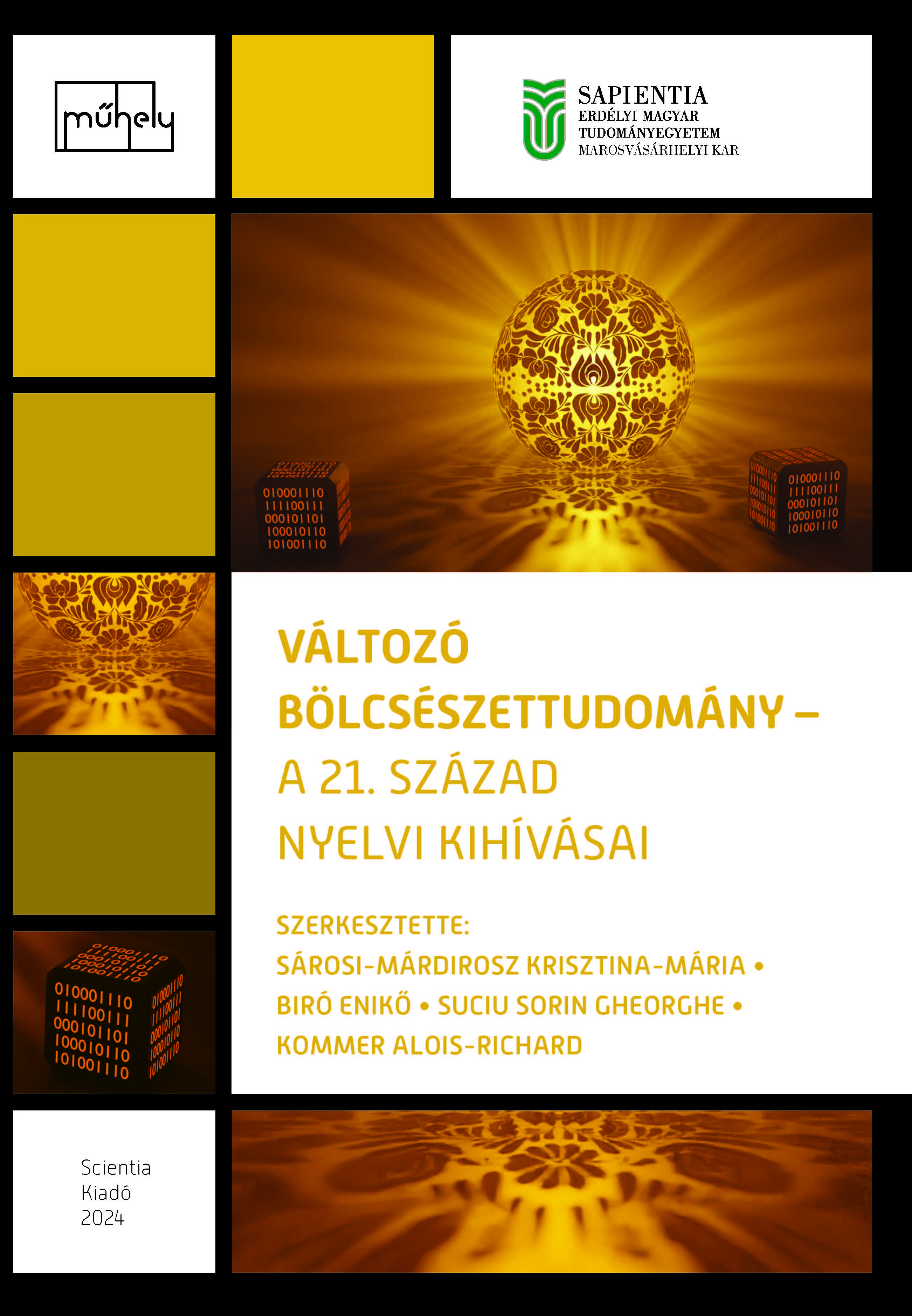TRADITION UND NEUERUNG IN DER TERMINOLOGIE-ARBEIT DER INSELSKANDINAVISCHEN SPRACHEN
TRADITION AND INNOVATION IN THE TERMINOLOGY WORK OF THE INSULAR SCANDINAVIAN LANGUAGES
Author(s): Attila Kelemen
Subject(s): Language studies
Published by: Scientia Kiadó
Keywords: terminology work; language purification; purism; language policy; new creations;
Summary/Abstract: This article provides a historical overview of the terminology work in the two insular Scandinavian languages, Icelandic and Faroese, and also presents how these languages deal with technical terms today. Similarities and differences are identified and an attempt is made to explain their strong reluctance in using foreign words, which often leads them to completely avoid specialized terminology. As a literary language, Faroese emerged relatively late in the second half of the 19th century, while Icelandic – earlier than any other Scandinavian language – was already a fully developed literary medium in the Middle Ages. However, due to Danish dominance, Icelandic was considered as a potentially endangered language at the beginning of the 19th century by the famous Danish linguist Rasmus Rask. In the 20th century, Icelandic became a fully developed and stable language. Since these are small languages, one would expect them to primarily borrow and adopt technical terminology, something characteristic for languages of this type. But this only applies to Faroese, and only partially, and not at all to Icelandic. However, here we are dealing with two conservative languages that are characterized by strong purist orientations that have left their mark, something that leads them to show resistance and aversion to foreign words and, in most cases, to reject them. Icelandic in particular has always preferred the implementation of purist solutions such as: the orðsmídi, the coinage of new words to denote new concepts, phenomena, and the replacement of existing unsuitable loanwords. Ideologies such as the hreintungustefna and the nýyrđastefna have also strengthened purism and weakened the tendency to adopt foreign words. In addition, Icelandic is now considered the most purist language in the world. The various methods and strategies for overcoming the obstacles and difficulties of the new technology have produced such results that their terminology work can be considered outstanding.
Book: Változó bölcsészettudomány – a 21. század nyelvi kihívásai
- Page Range: 297-308
- Page Count: 12
- Publication Year: 2024
- Language: German
- Content File-PDF

